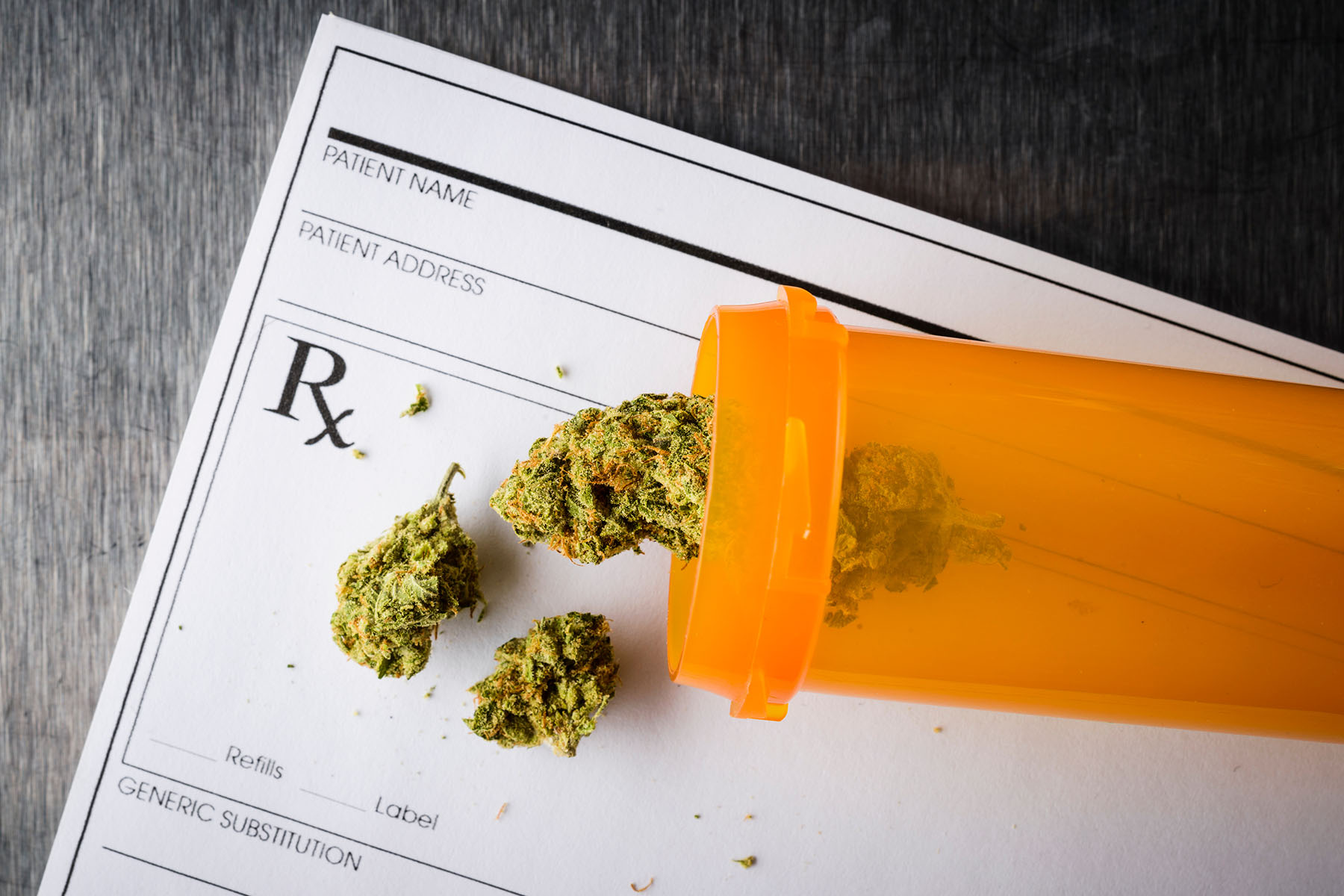According to this U.S. Department of Health and Human Services report, in 2011, there were 18.1 million Americans 12 and older who admitted to using marijuana within the past month. And while use of marijuana may be widespread, it continues to be illegal under federal and Texas state law. Further, the punishments for marijuana-related crimes can be severe.
Schedule I Drug
Under federal law, pursuant to the Controlled Substances Act, marijuana is classified as a schedule I drug. This means that the federal government has determined marijuana has a high potential for abuse, has no currently accepted medicinal use in the U.S., and lacks accepted safety for use under medical supervision.
Texas Marijuana Laws
Under Texas law, it is a crime to knowingly or intentionally possess a usable quantity of marijuana. It is important to note that it is unclear what “usable quantity” actually means. In theory, the wording of the statute would indicate that some amount below a usable quantity is not an offense. Some case law on the issue does exist, but an exact definition has yet to be developed.
An offense for delivery is committed when a person knowingly or intentionally delivers marijuana. “Deliver” is defined as transferring to or offering to sell to another a controlled substance. It is important to note that there are different penalties depending on whether a transfer or sale has occurred. As an example, when the amount delivered is one-fourth an ounce or less and the person delivering does not receive compensation, the offense is a class B misdemeanor. In the same scenario, if the person delivering does receive compensation, the offense is a class A misdemeanor.
Importantly, the penalties for possession and delivery of marijuana differ as the amount possessed or delivered increases. For instance, when the amount involved is between five and 50 pounds, a possession offense is a third-degree felony whereas a delivery offense is a second degree felony. In a third degree felony the maximum prison term is 10 years; in a second-degree felony the maximum prison term is 20 years. Therefore, as the quantity involved increases, the significance of whether the charge is for possession or delivery also increases.
The punishment for both possession and delivery depends on the amount of marijuana that is involved. The range of potential punishment is wide, from a fine all the way up to life in prison. You may find this chart explaining the penalties for possession in the middle of the page helpful.
Finally, an offense of delivering marijuana to a child (considered to be someone under the age of 18) is considered a second-degree felony. There are two affirmative defenses to this charge. An affirmative defense is a legal reason that excuses the criminal liability, even though the elements of the crime may have been committed, the defendant should not be held responsible.
The first affirmative defense is that the person charged with delivery was also a child. The second is if the person charged was younger than 21, delivered one-fourth an ounce or less, and did not receive compensation. These two defenses may be important as the number of people under 18 years old who use marijuana continues to rise; and like most kids they often have a hard time doing anything alone.
Facing a Marijuana-related Charge?
Contact Houston Defense Lawyer Tad nelson
While other states may be decriminalizing or even legalizing marijuana, it is important to remember that it is illegal in Texas, with severe penalties for violators. And although I would think the Republicans in charge would love the tax revenue I can’t imagine a time in the near future where this could change in this State. If you have been charged with any marijuana-related offense, you need to take the matter seriously. That is why you should immediately contact Houston defense attorney Tad Nelson if you’ve been accused of a criminal offense involving marijuana, or have further questions, if any.
We can provide the criminal defense you need.
Related News: Texas House Committee approves bill to make marijuana legal for adults



















